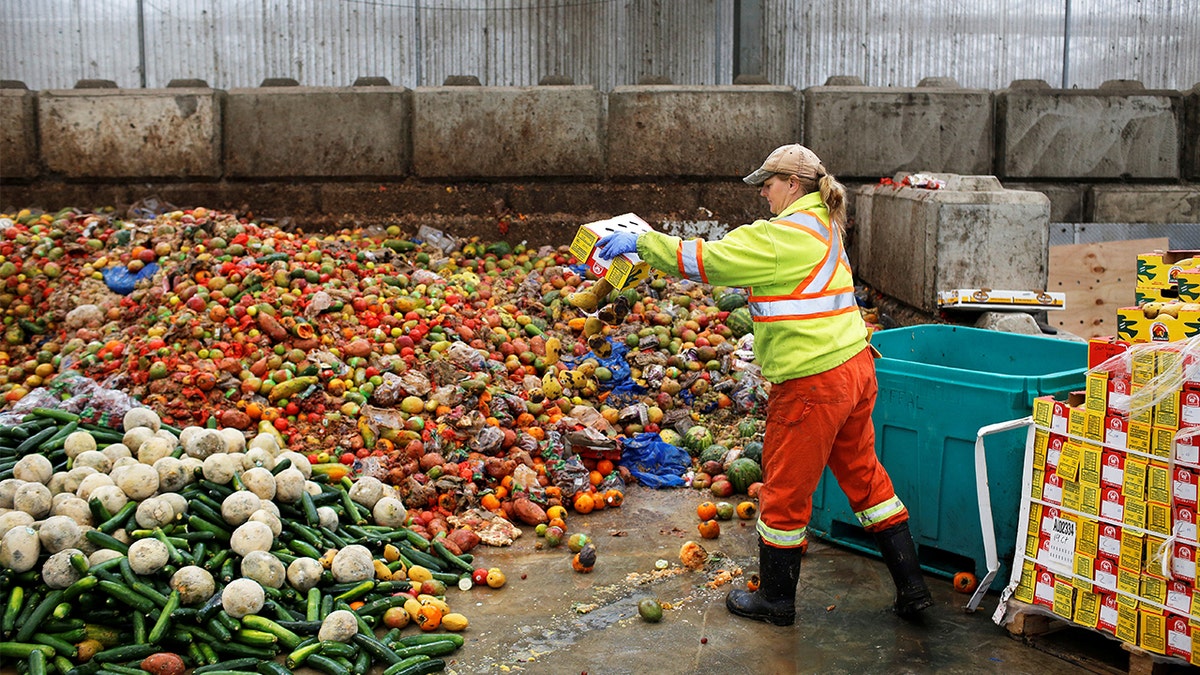
In a new study about food waste, researchers discovered that healthy people waste more food because they consume more fruits and vegetables. (iStock)
Turns out your healthy eating habits might be impacting the environment in a negative way.
A new study revealed that Americans waste nearly a pound of food per person each day, and those with higher quality diets are the worst offenders.
The research, released by the USDA, University of Vermont, and University of New Hampshire, found that between 2007 and 2014, U.S. consumers wasted nearly 150,000 tons of food per day, which equals roughly 30 percent of the average daily calories consumed by all Americans combined.
Researchers categorized waste in 22 different food groups and found that fruits, vegetables and mixed fruit and vegetable dishes were wasted most, equaling 39 percent of the total, followed by dairy at 17 percent and meat and mixed meat dishes at 14 percent.

Researchers categorized waste in 22 different food groups and found that fruits, vegetables and mixed fruit and vegetable dishes were wasted most, equaling 39 percent of the total. (Reuters)
"Higher quality diets have greater amounts of fruits and vegetables, which are being wasted in greater quantities than other food," study co-author Meredith Niles, a University of Vermont assistant professor, said in a press release. "Eating healthy is important, and brings many benefits, but as we pursue these diets, we must think much more consciously about food waste."
To establish their results, the study authors used available food waste data and calculated the amount of cropland used to produce wasted food using biophysical simulation modelling. They then estimated the amount of agricultural inputs required to produce the uneaten food, including irrigation water, pesticides and fertilizers.
While the results of this study aren’t an excuse to start eating more fast food, the researchers do want people to keep in mind the impact they’re having on the environment before they throw away that bag of wilted lettuce.
FOLLOW US ON FACEBOOK FOR MORE FOX LIFESTYLE NEWS
"Food waste is an issue that plays out at many different levels. Looking at them holistically will become increasingly important to finding sustainable ways of meeting the needs of a growing world population," lead author Zach Conrad at the ARS Grand Forks Human Nutrition Research Center said in a statement.




















